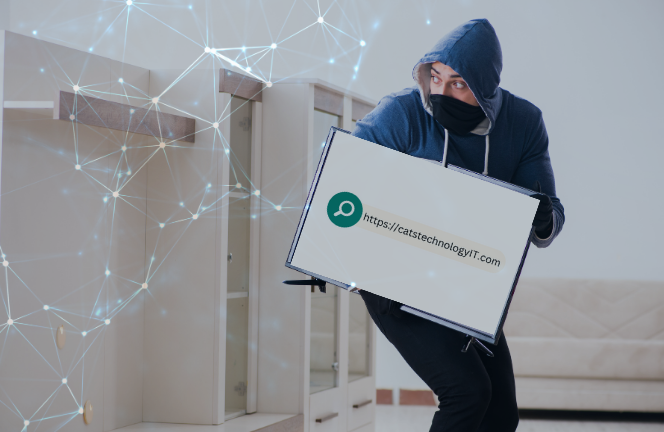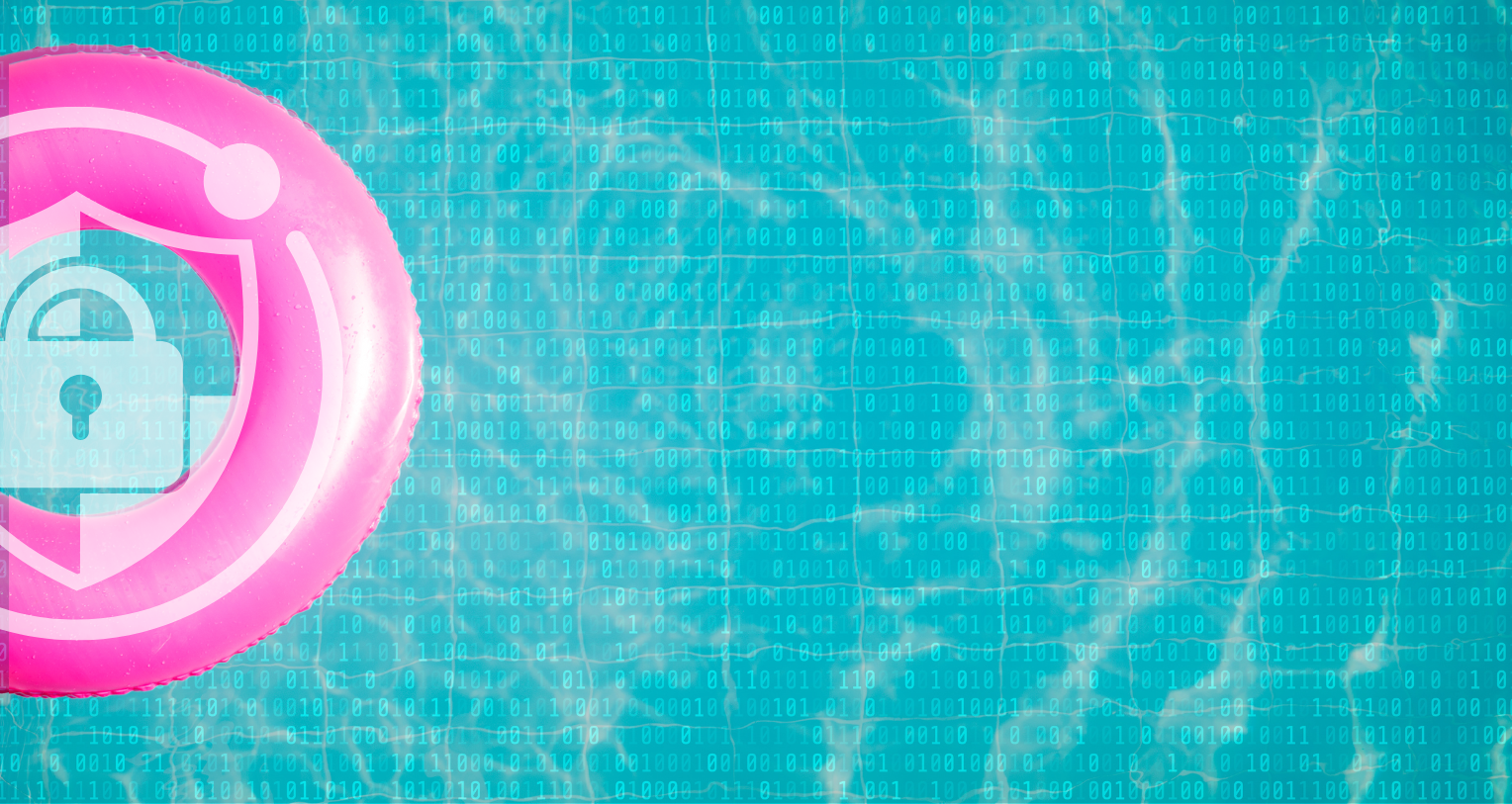Over the years, cell phone usage has become more and more popular. Since cell phones are typically with people 24/7, and can do many of the same functions as a computer, they have become very convenient for everyday tasks. However, over 60% of digital fraud occurs through mobile devices, and it’s important that proper safeguards are taken.
- Don’t Download Apps from Unknown Sources: You should only download apps from trusted sources, such as the Apple App Store, Google Play, Amazon App Store and the Microsoft Store.
- Not All Email is Safe: Just because you’re checking your email on your phone doesn’t mean it is legitimate. Use extra caution if an email is unexpected or seems sketchy.
- Watch out for Smishing: Smishing is the text version of phishing. These texts contain malicious links that can infect your smart phone if they are clicked.
- Update Your Smartphone Regularly: Not installing the current version of Android or iOS can mean your phone has vulnerabilities which can allow hackers to breach your data.
- When Using Public Wi-Fi, Use a VPN: Public Wi-Fi is dangerous, so connecting to it with a VPN can help you route your data through a secure server.




